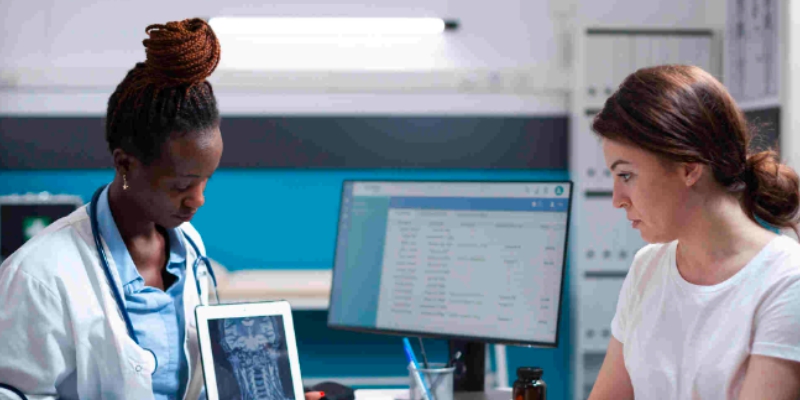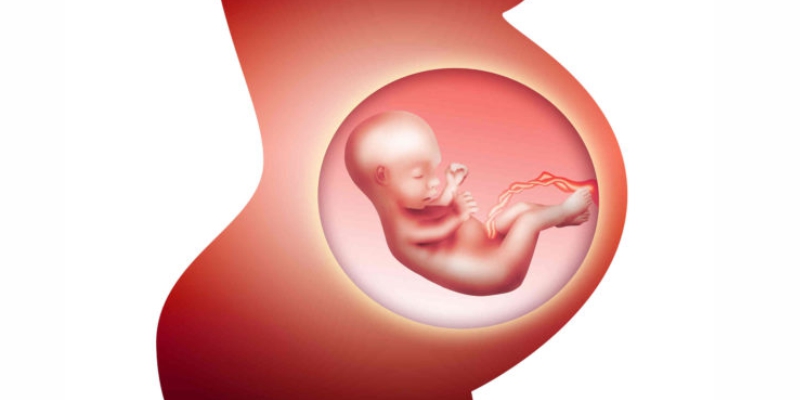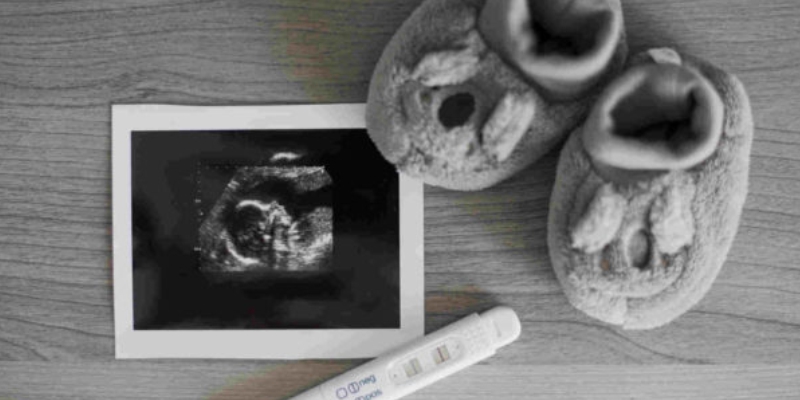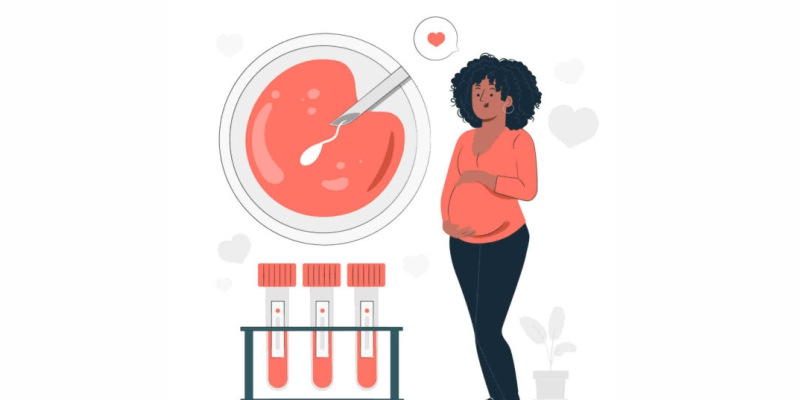Author –Dr Preety Aggarwal
MBBS, DGO, DNB,
Medical Director (Gurgaon)- Obstetrics and Gynaecology
Cervical Cerclage: Procedure & Female Infertility Treatment
Introduction
Throughout the pregnancy, the cervix remains long and firm. It, however, begins to dilate and soften to allow passage of the foetus. According to Dr Preety Aggarwal, MBBS, DGO, DNB, Medical Director (Gurgaon)- Obstetrics and Gynaecology, the cervix in some women may lose its integrity and can result in miscarriage or preterm birth. In such cases, the best pregnancy doctor in Gurgaon suggests cervical cerclage to prevent complications.
What is Cervical Cerclage?
Cervical cerclage is a procedure to keep your cervix closed during pregnancy to prevent immature birth due to a weak cervix. If your cervix is weakened, your best pregnancy doctor in Gurgaon will recommend the procedure at the earliest. This will ensure that the foetus is inside of your uterus.
During this procedure, the laparoscopic surgeon in Gurgaon will place one or several sutures in the opening of your cervix to keep it closed during pregnancy.
When a Cervical Cerclage is Performed?
Cervical cerclage may be recommended for several reasons, such as:
1. Weak or incompetent cervix: At times the cervix may become weak due to past surgeries on the cervical tissues.
2. Past miscarriages: A past miscarriage can also cause an abnormally shaped uterus or damage to the cervix. A past miscarriage in the second trimester usually causes a weak cervix.
If your best pregnancy doctor in Gurgaon thinks that you require a cervical cerclage, they will perform it for about 12 to 14 weeks into your pregnancy way before the cervix thins out.
How is Cervical Cerclage Performed?
During a cervical cerclage:
1. You will be given a pain-numbing medication or a local anaesthetic.
2. After the anaesthesia takes effect, your doctor will stitch your cervix with strong sutures. This will tighten and secure the cervix.
The surgery may cause a slight discomfort and pain. Some patients also experience cramping, light bleeding, or spotting for a few days after the procedure. If, however, you feel abnormal pain after the procedure, contact your laparoscopic surgeon in Gurgaon at the earliest.
How is Recovery after the Procedure?
After your procedure, you will be discharged on the same day. You should, however, ensure proper rest for at least 10 days after the surgery to let your stitches heal. Make sure that you follow all the instructions given by the doctor including follow-up appointments to monitor your pregnancy.
What are the Risks After the Cervical Cerclage?
A cervical cerclage is recommended only in severe situations. The best pregnancy doctor in Gurgaon will only recommend the procedure if the benefits outweigh the risks. You may experience certain complications after the procedure such as:
1. Bleeding.
2. Infection in the cervix.
3. Premature rupture of membrane; you may experience your water breaking. This may lead to preterm labour. If you notice, any spotting after the procedure, make sure that you visit your doctor immediately.
4. Preterm labour.
5. Cervical stenosis.
6. Scar tissues on your cervix.
7. Tearing of cervix or uterus.
When Should You Visit a Doctor After the Procedure?
Cervical cerclage is usually safe; however, you may experience certain complications as mentioned above. You should visit your doctor at the earliest if you notice the following:
1. A high fever.
2. Contractions in the lower abdomen.
3. Foul-smelling discharge from the vagina.
4. Water breaking or leaking.
5. Excessive bleeding.
Cervical cerclage is a common procedure performed to improve cervical integrity and prevent preterm birth. The procedure, however, should only be performed by the best pregnancy doctor in Gurgaon to avoid complications. You can visit Dr Preety Aggarwal at the Motherhood Hospitals for consultation and expert guidance.


 Toll Free Number
Toll Free Number
















